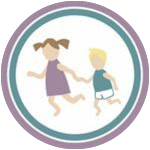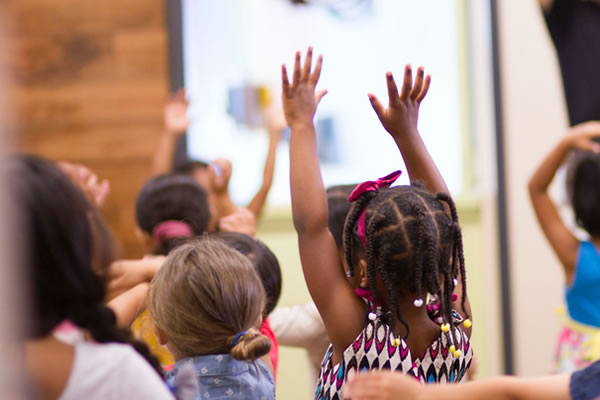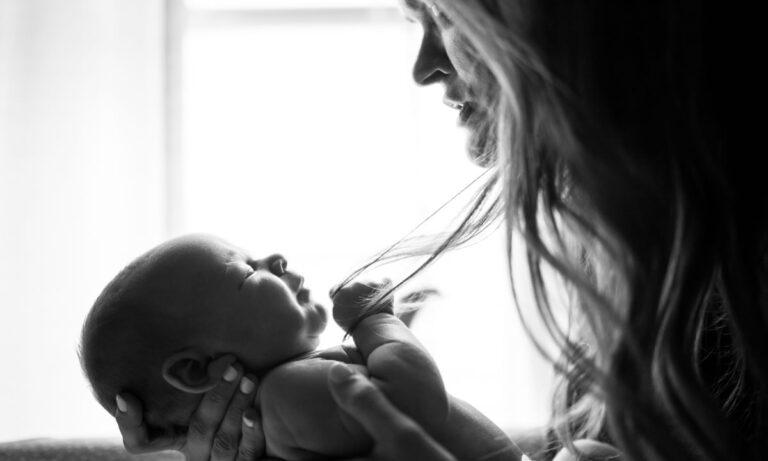Q: It takes hours for my children (seven and two) to get ready to go anywhere. My two-year-old daughter gets dressed endlessly; I try to help her and she just gets upset. Last time we almost missed the whole zoo outing. As for my seven-year-old son, I can’t even get him off what he is doing and I end up yelling because he asks to go places, and then he is not getting ready. Help!
A: Can you fathom children not showing up when you serve ice cream or bring a new toy they like? Children do what they want to do. They live in the present; something we,
adults, are yearning to learn from them. Why talk them out of this marvelous trait? They will lose it anyway, but what’s the rush?
You say your daughter wants to go to the zoo, but does she? Not now. Now she wants to play with putting clothes on, and she may want to do so for a couple of hours. What fun. It is kind to remind her and inform her that at some point it would be too late to go today. But do so as an open door for her decision, not a threat that she would miss something. You can even say, if today we don’t go, we can go another day.
You may worry that she will cry later when the zoo is closed. Well, then she will cry and you will be with her listening and validating. She learns to be the cause of her reality; a powerful way of being. Perhaps she doesn’t want to go anywhere, or maybe she wants to try on a few dresses and then go and show off her dress of the day.
“But isn’t it an educational experience for her to see animals?”(Or whatever the enriching outing may be)?
This thought causes parents a lot of needless stress. You didn’t teach your children to talk, you just talked; you didn’t teach them to walk, to breathe, to eat, or to relate. Life unfolds. As a parent, you are in the position of the gardener watering a flower; you are not the one to shape its petals or control its timetable. Your child is the authority on her own development; cherish this reality and you will find peace in parenting.
If you coerced your daughter to go, she will not remember the zoo, but she will internalize the experience of being coerced and of being a follower instead of a leader in her own choices; she will learn to look outside instead of inside. She will also remember the experience of struggle and recreate life in this image. The answers to her life are inside of her; keep her connected to herself. Putting clothes on is what is most useful for her at that moment, or she wouldn’t be taking so much time to enjoy it.
In a similar situation, a father asked me, “so at what age should I take my son to
the Zoo or other such experiences?” My response was, “When he asks for it, and when he takes responsibility for being able to get there before it closes.” Not today is fine. Take children places and expose them to different experiences, but there is no rush to do so in less than a peaceful way that you and they enjoy. They learn much more from how you get to the Zoo than from being in the Zoo.
Like your daughter, your son is also busy with something more important to him than the outing he previously thought he wanted. Even though it was his plan, he is now in a different state of mind. If he is not getting ready, he does not want to go. If he regrets it later, that’s a valuable life lesson; instead of learning that someone will rescue him from his own “wrong” decisions, he learns to own his choices and his actions.
Many adults can’t operate without someone micro-managing them; such a dependency is not necessary. It is fine to remind your son about his request to go somewhere, but if he prefers to flow with his activity and not go, that’s up to him. If a friend is waiting for him, you can offer to call and cancel the visit. The lesson of commitment does not require coercion. Instead, coercion is its own lesson of disconnection and struggle. Reality provides all the lessons, powerfully and kindly.
Even when you must go somewhere, time your errands when someone can stay with the children as much as possible. If that’s not available, be authentic about asking them to accompany you on your errands. You are far more likely to generate a caring response when you ask them to meet your need than if you treat them as though they are supposed to flow with your program. If the child has to see a doctor, it is still your desire to take him there, unless he feels a lot of pain. Children like to be in charge rather than be told what to do. Give them the information and discuss preparation in advance, including timely reminders.
“My child should learn to stick to her plans.”
This is a typical thought that leads to much strife in the family. But is it worth the struggle? Is it even true? How do you know? Maybe the planning was inauthentic? Maybe the commitment to one’s integrity is more powerful and true than sticking to the plan? Each situation is different and each child is worth trusting newly in every moment.
Sometimes people compulsively stick to a bad plan due to such training and regret it later. Is it your duty to make sure that your children follow through with your or their plans? Only they know what is right for them and they are doing it. If you think some plan of yours is worth following through on even when you don’t want to, model such commitment and trust your child to know when to do the same.
“Life isn’t always in the moment and one must learn to be accountable…”
This, too, is a tug of war. If “life isn’t always in the moment” then when is it? Indeed, it exists only at the moment. And if accountability improves outcomes, then children will encounter such reality and learn…provided that they can experience the (safe) result of their own choices. Coercing them into sticking to plans, calling it, “being accountable” teaches struggle and harms your relationship with them. Most often it is not truly their plan anyway, but our idea that they said “yes” to, yesterday, (often inauthentically) and do not fit their world today. We envy children for their ability to be in the moment with such immense joy; why talk them out of it? They let go of pain as easily as they do of plans. Indeed, Life Learning occurs without manipulating reality into a lesson.
©Copyright Naomi Aldort
Naomi Aldort is the author of, Raising Our Children, Raising Ourselves. Parents from around the globe seek Aldort’s advice by phone, in person, and by listening to her CDs and attending her teleclasses, workshops, and family intensives. Her advice columns appear in progressive parenting magazines worldwide.
Naomi Aldort is married and a mother of three thriving young people. For free newsletter, information on teleclasses, recordings, videos, personal and family phone sessions: www.AuthenticParent.com










